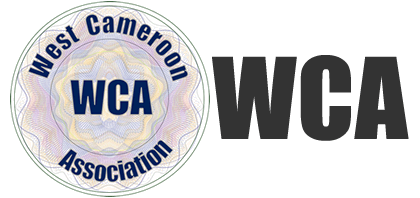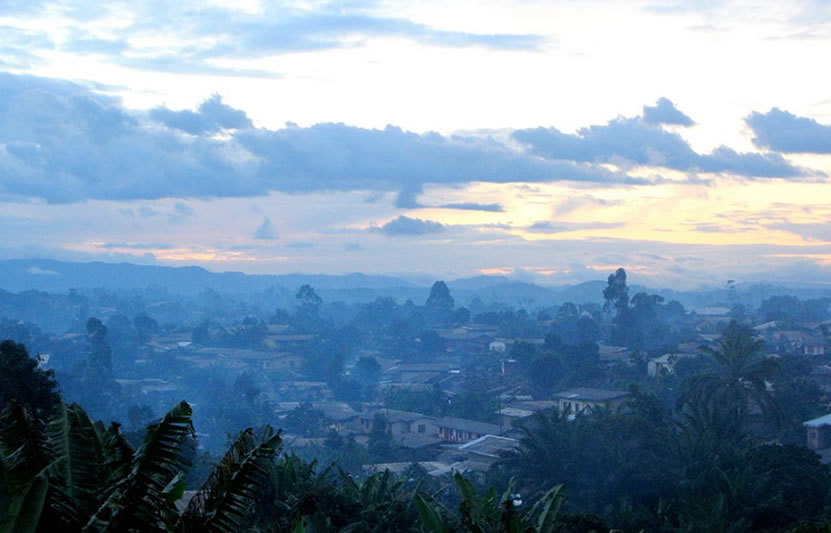A: The Pre-meditated and systematic erosion of the Anglo-Saxon heritage (Language, Culture, Values) and systems (Political, Education, Common Law) in West Cameroon since independence by La Repubique du Cameroun (LRC), that has severely disadvantaged the people of West Cameroon.
A: Anglophones are the people of the Federation of West Cameroon or The Southern Cameron State that was under British Rule until the plebiscite of October 1961. The Anglo-Saxon heritage represents the way of life of the people who geographically occupy the SW & NW regions of Cameroon.
A:
a. Limited employment opportunities in government and the civil service
b. Run down and a severe lack of investment in our infrastructure
c. A severe lack of adequate investment opportunities
d. Deliberate erosion of our Anglo-Saxon values and standards of democratic politics, education, law enforcement and our inherited electoral process to govern ourselves which has led to high levels of corruption inherited from LRC.
A:
a. The Anglophone Problem is not a matter of how many Anglophones are in government.
b. The Anglophone Problem has nothing to do with the fact that the Prime Minister is Anglophone. In fact, if it did, perhaps a reminder that the Head of State is Francophone would water down the argument. And if it doesn’t, remember that the President of the National Assembly, the President of the Senate, the President of the Supreme Court, the Prosecutor General, President of Economic and Social Council, the Secretary General at the Presidency, the Military Joint chief of staff, the head of the Police are also Francophone.
c. The Anglophone Problem has nothing to do with bad roads and high levels of unemployment in the North West and South West regions.
d. The Anglophone Problem is not how many people speak both languages nor is it how much inter marriage there is between Anglophones and Francophones.
5. Q: How has the Anglophone problem affected the careers of West Cameroonian professionals and educated youths at home and the diaspora?
A:
a. Many young professionals who graduate from home universities of Anglo-Saxon origin struggle to get jobs as most of the opportunities are in LRC, where the working language is French.
b. Also their prospects of getting into government professional schools which are predominantly situated in LRC is very difficult as the entrance exams into those schools are set and administered in French based on the Baccalaureate.
c. Most often, the admissions process is plagued by endemic corruption often requiring huge bribes by the corrupt Francophone admissions officers. Many of those who succeed in the written exams are prohibited from entry as they cannot afford the exorbitant sums required to bribe the admissions authorities.
A: Majority of ordinary people live in poverty due to lack of adequate government investments in the West Cameroon regions. The problem is made worse because the government authorities adminisering the West Cameroon regions are Francophones who speak little or no English and are appointed by presidential decree. These French speaking individuals from LRC, do not represent the people of West Cameroon as they have not been elected by the people and therefore are not accountable to them. Consequently, they have little interest in advancing and prioritising any growth opportunities to develop the regions, hence many of the people make their livelihoods from private investment opportunities generated from the diaspora.
A: We are not Anglophones. Using the name Anglophone to define Southern Cameroonians is inherently flawed. Southern Cameroonians are a people, recognized by the UN. We are not recognized for our language, or as a tribe, but as a territory which was under the mandate of the UN, a British trust territory. We ceded Southern Cameroon from the plebiscite to enter into a Federation with LRC – with the understanding that both entities would co-exist as equal proportionate partners. With the resurrection of LRC, and with further persistent deliberate and systemic breaches of the terms of the federation, LRC has silently sued for the resurrection of Southern Cameroons which we are very happy to resurrect! We did not start this. LRC did and we are now duty bound to see it to its logical conclusion to ensure a lasting settlement for Southern Cameroon.


